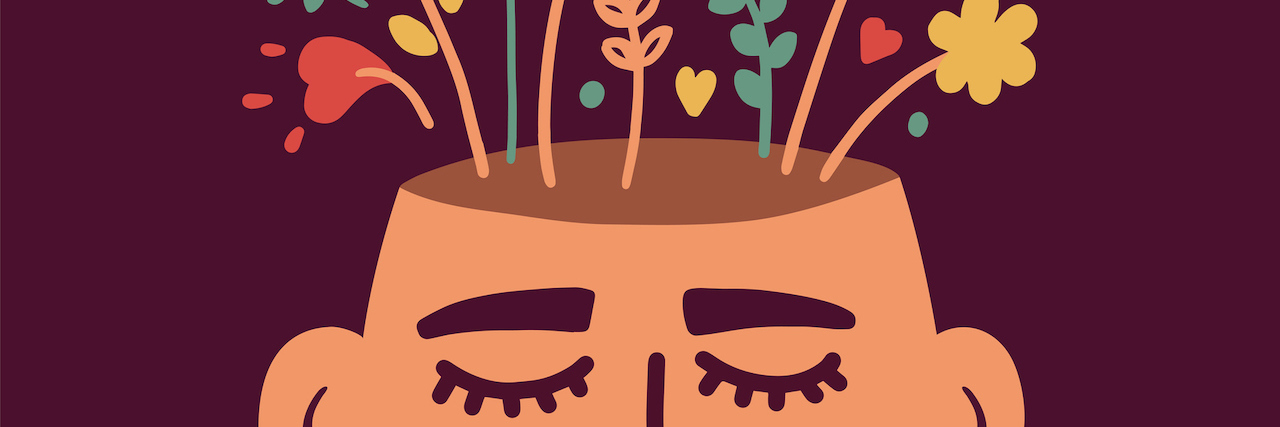As I lay doom-scrolling through Facebook last night, I was reminded that this week is Mental Illness Awareness Week. I want to talk about why these awareness campaigns don’t go far enough and can actually be harmful for people living with mental illnesses.
It is true that one in four people live with a mental illness and through their various connections, virtually everyone is affected. Yet, our conditions remain highly stigmatized in work, relationships and even internally. There is a disconnect between the reality of the existence of mental illness and how it can impact society.
Awareness campaigns are generally the first step in trying to solve a problem. Unfortunately, the possibility of change often is halted in that phase. I hate to be the bearer of bad news, but a 24-hour Facebook profile pic frame will undoubtedly not create much change.
There are four patterns I have seen in my personal observations of these awareness campaigns.
1. In an effort to normalize the occurrence of mental illnesses, they somehow become “trendy.” Let me tell you — I can think of no one who would wish for themselves of even their worst enemies to become a part of this club. Mental illness is not fun. Yet, we see it continually become glamorized like the newest fashion accessory:
“I totally had a panic attack when my crush walked by”
“I cleaned my whole makeup case yesterday – lol, OCD”
“I swear I’ll kill myself if I don’t get an A on that test!”
By adding these terms half-heartedly to our vernacular it takes the seriousness away from illnesses that have the potential to kill. We need to be careful with our words and how we educate people to use them.
2. If there is existence of such elite clubs, there are bound to be outcasts. By this I mean that those with more intricate diagnoses are not invited to sit at the “cool kids table.” A hierarchy of mental illnesses occurs — placing the severe and complex conditions at the bottom. This can cause internalized stigma for those who live with things like personality disorders, schizophrenia and so on. It’s easier to talk about the more common conditions and those who struggle differently are just shit out of luck.
3. I have a background in public relations. To me, corporate attempts at spreading awareness about mental illnesses are meaningless when they insidiously cover up harms within their own companies. In Canada, the #BellLetsTalk campaign takes place every year where the company gives 5 cents per tweet/share/text to mental health initiatives. Sounds good, right? Regrettably, there have been numerous stories about Bell treating its employees badly in regards to mental health and then there’s the whole mess of the company charging inmates in Ontario’s jails to call their loved ones and supports.
4. Then there’s the politicians. Elected officials love a good hashtag, don’t they? When the people in the highest positions of power utilize it for mere awareness, it’s infuriating. Here we have the folks that hold the purse strings and jurisdiction to actually help and they respond to us by tweeting a picture? Are you f##king kidding me? Mental health advocates are consistently offering valuable and viable solutions to these politicians and are constantly met with silence to their proposals. The fact that these campaigns are used as a feel-good exercise while people continue to literally die is disturbing to me.
There are many unknowns when it comes to the realities of mental illnesses and it really bums me out that change is so slow coming. We need more money for research and universal coverage for all mental health care (psychologists, psychiatrists, cultural care, etc) to start. Until I see resources being meaningfully allocated to such things, I will remain wary of empty promises being made by everyone — from my friends to the big corporations to every level of government.
We do need a better understanding of mental illnesses. But let’s try to be cognizant of what we are supporting and how it can affect the most vulnerable. We can lift each other up by educating ourselves and showing care for each other, regardless of if it’s trending.
Getty image via Olga Strelnikova

